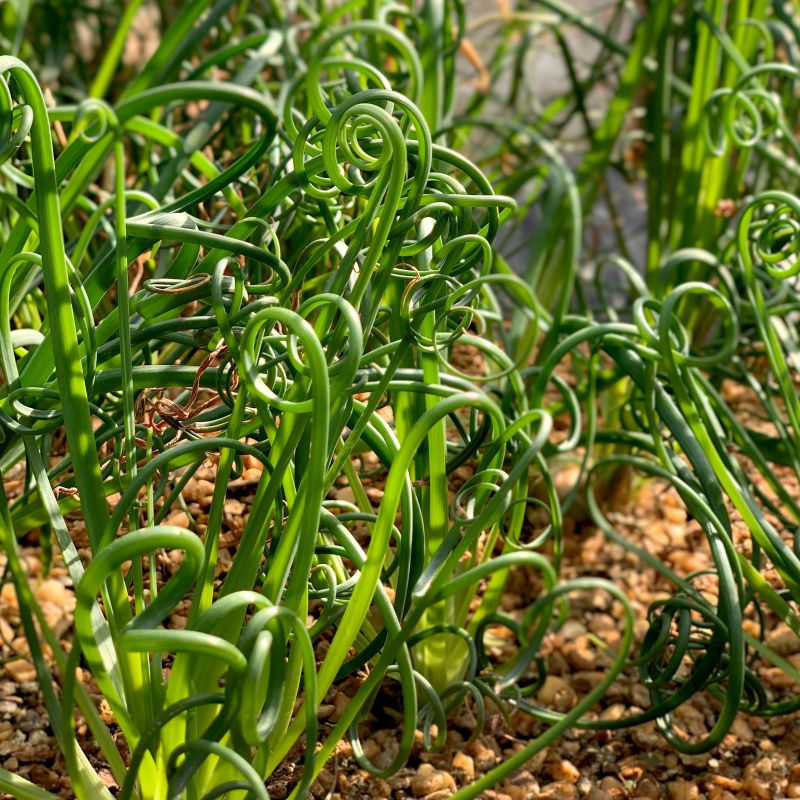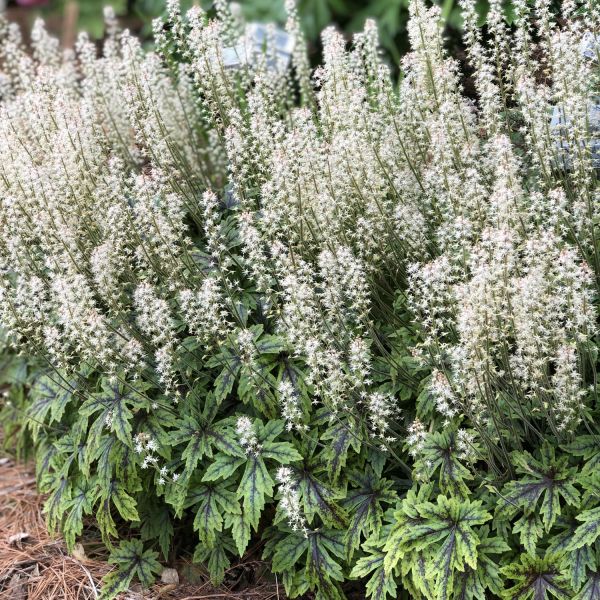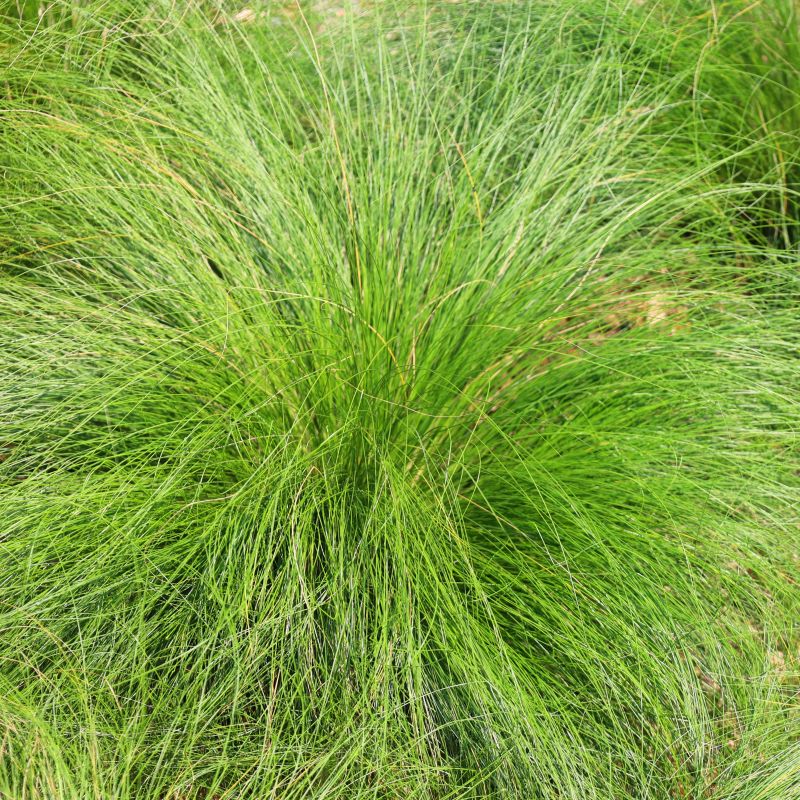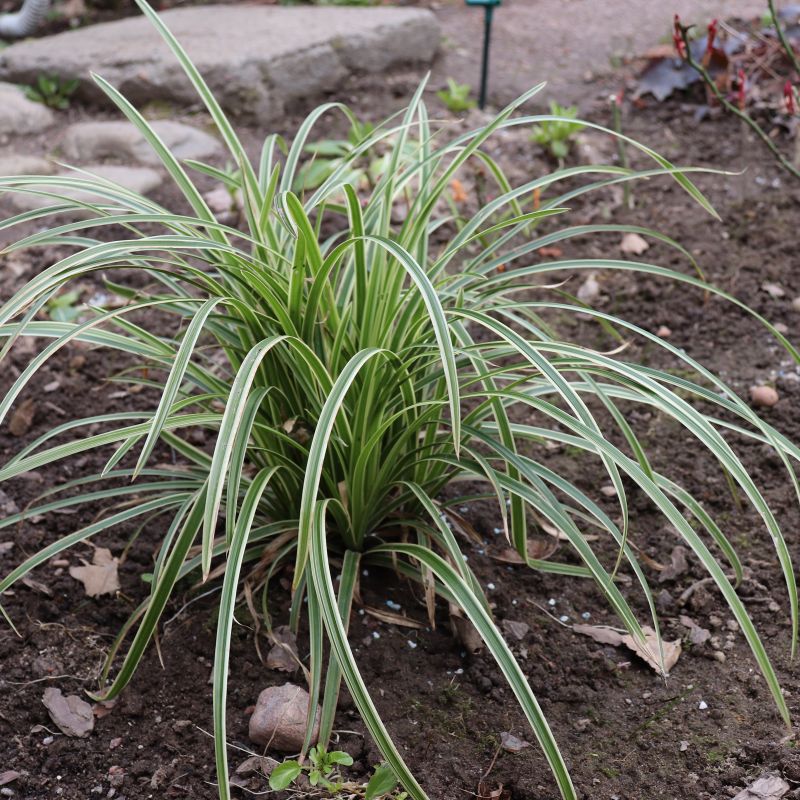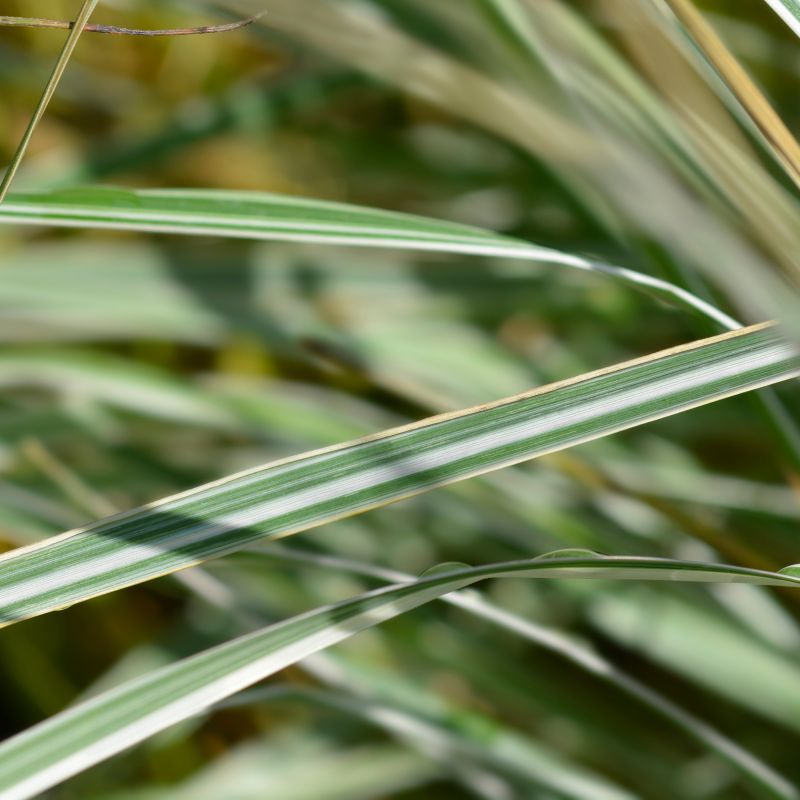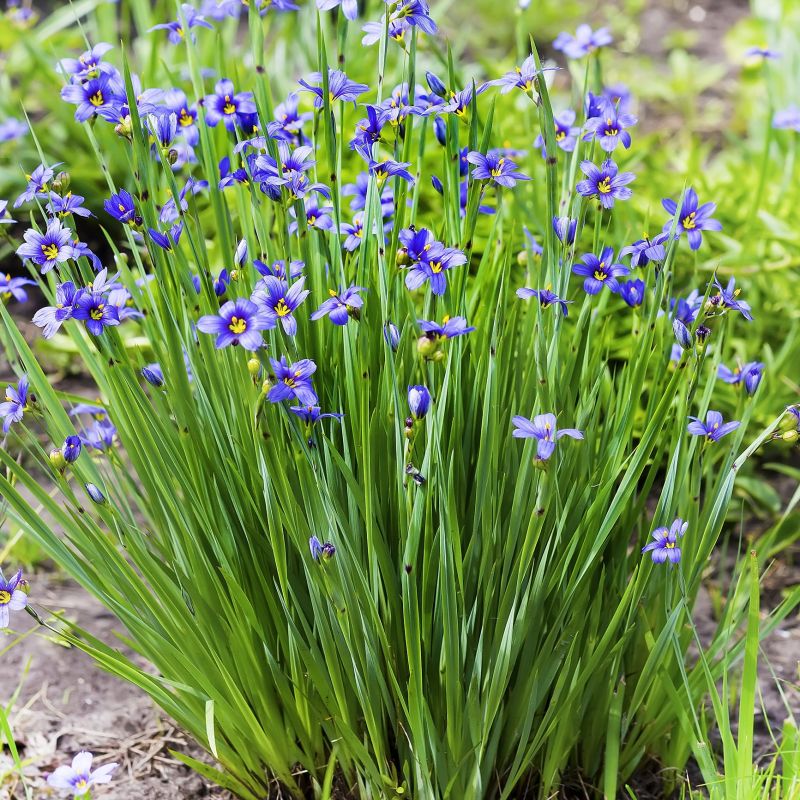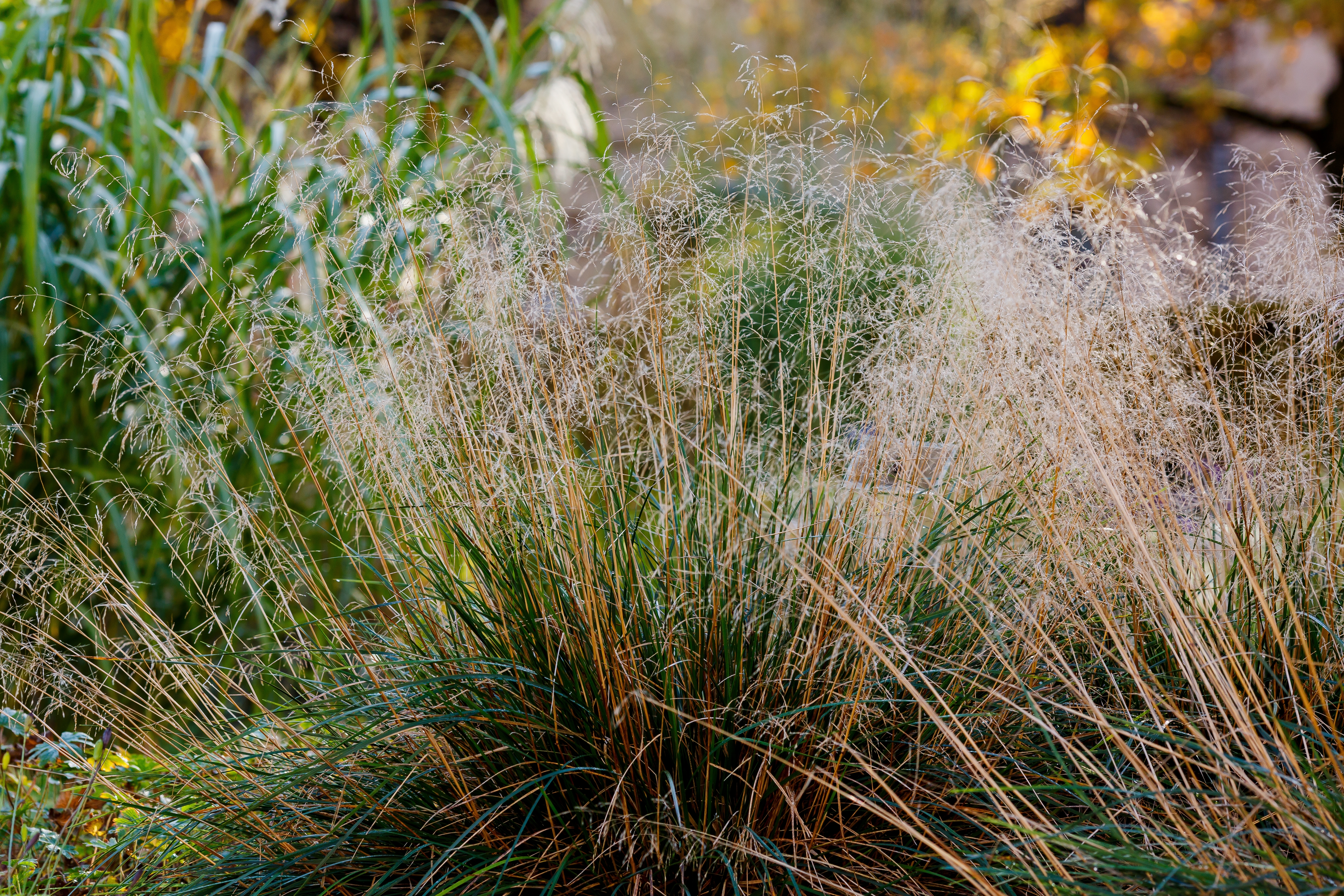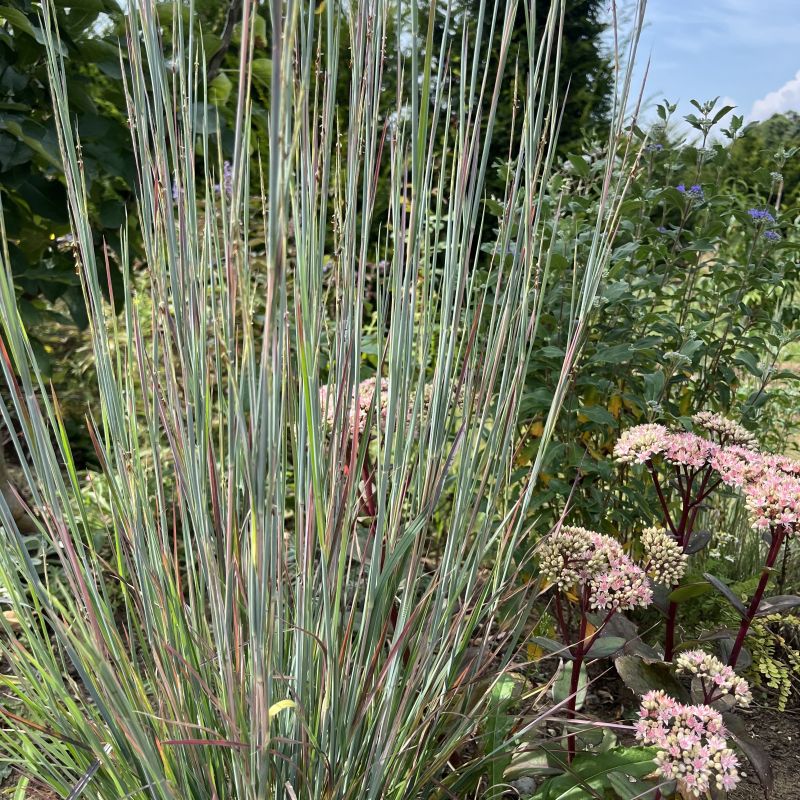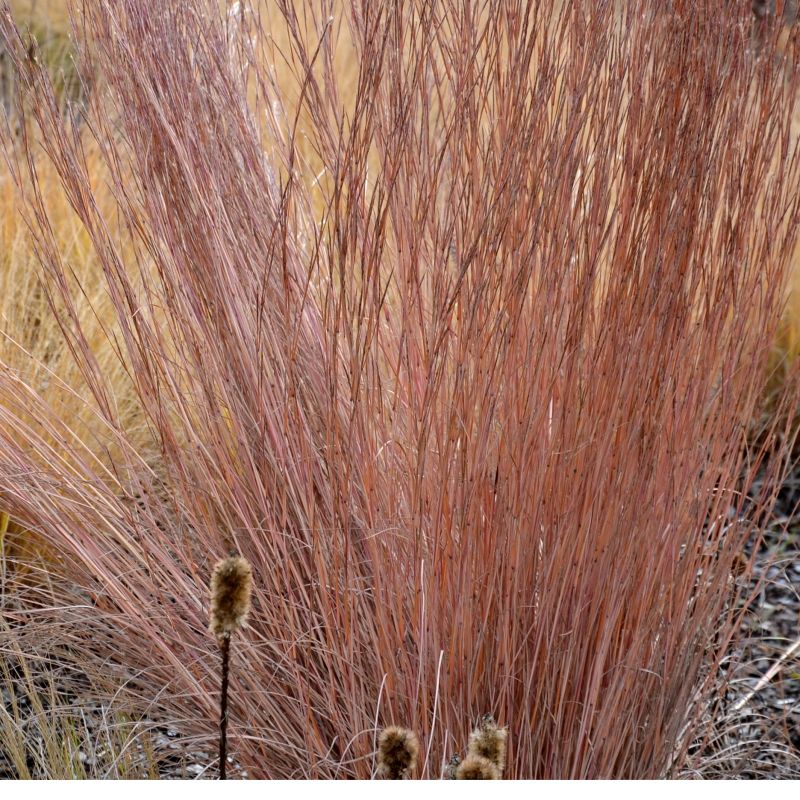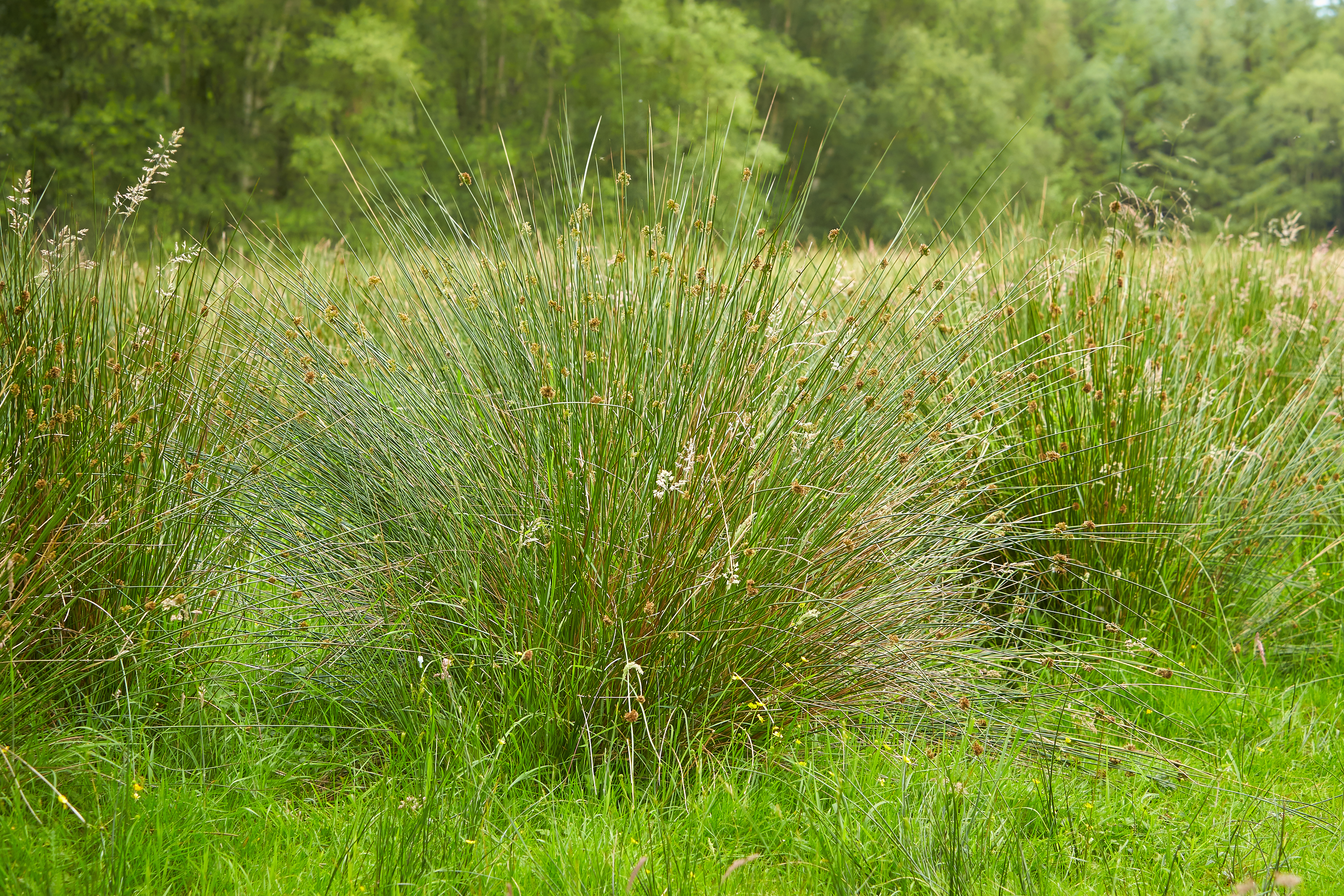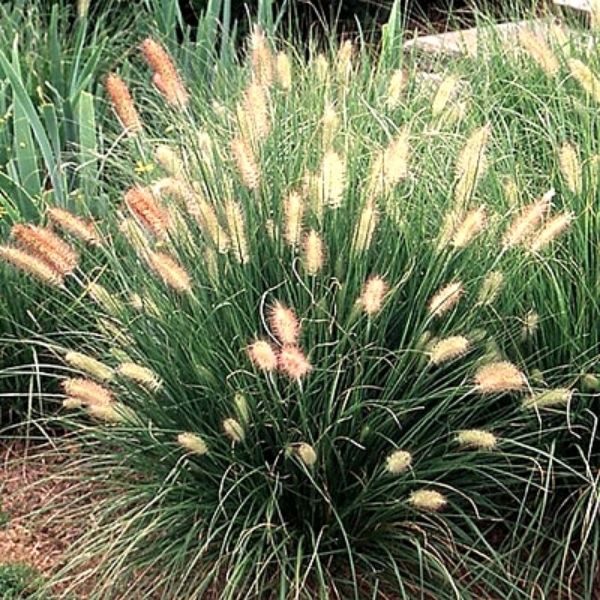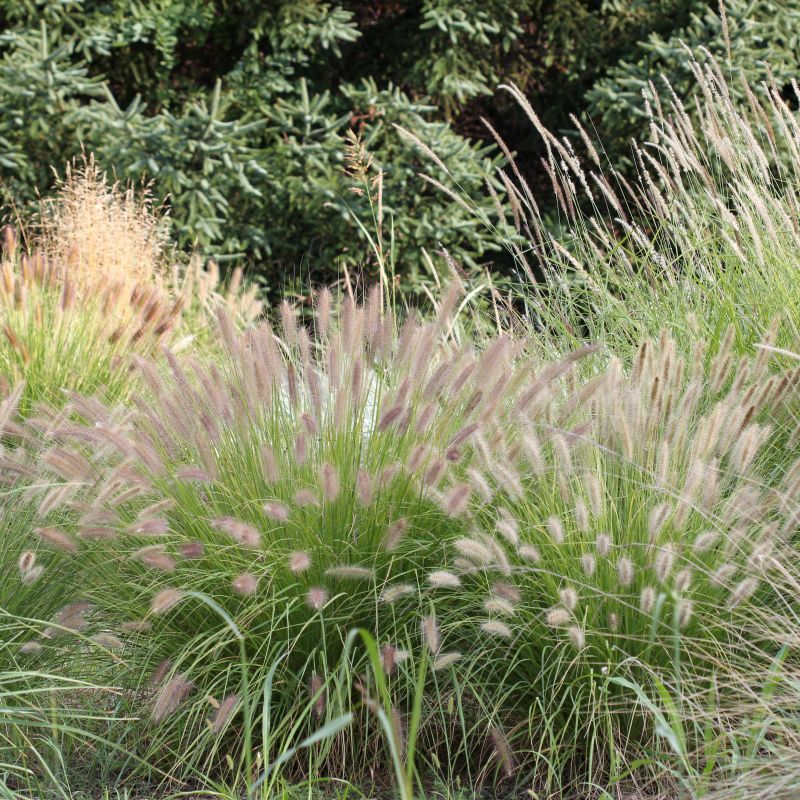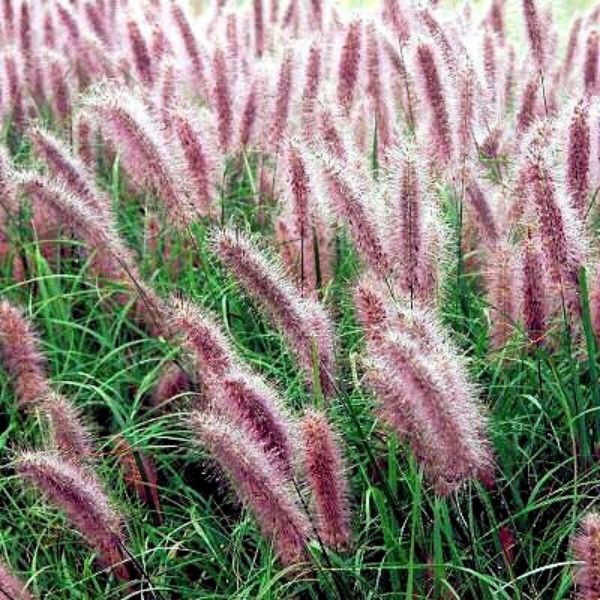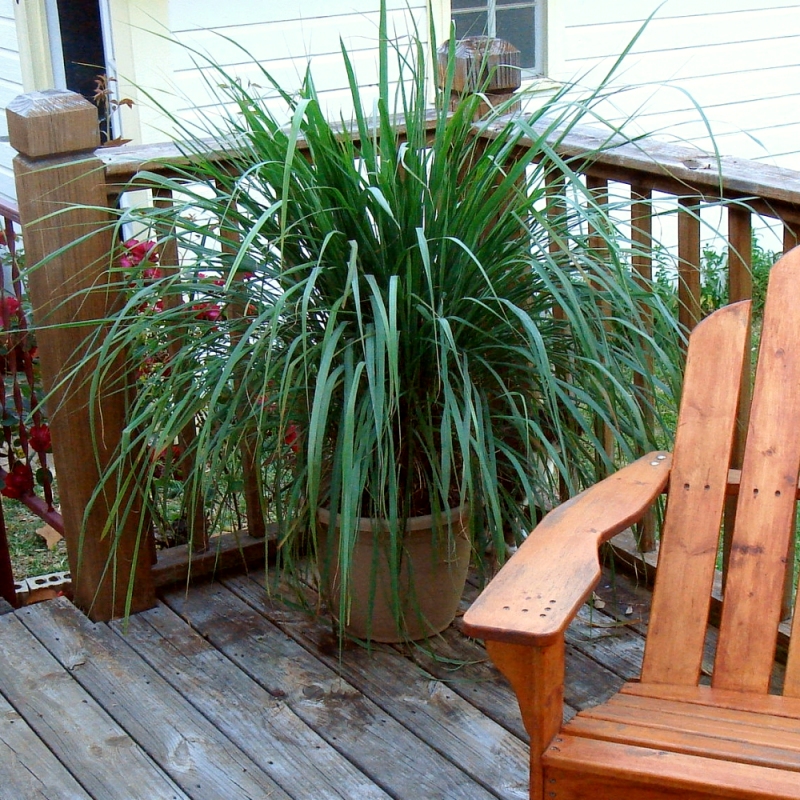
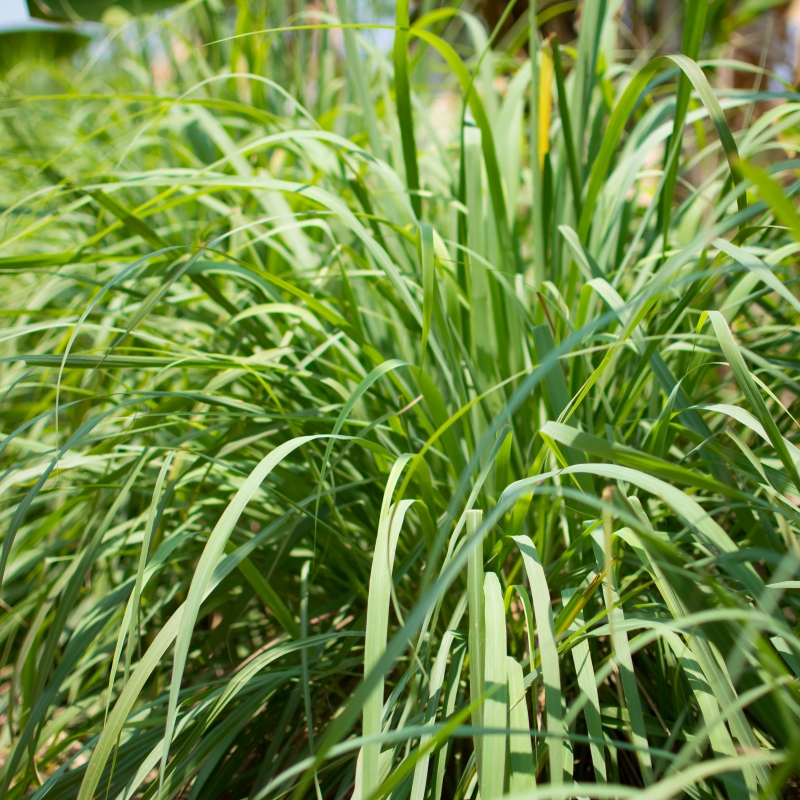
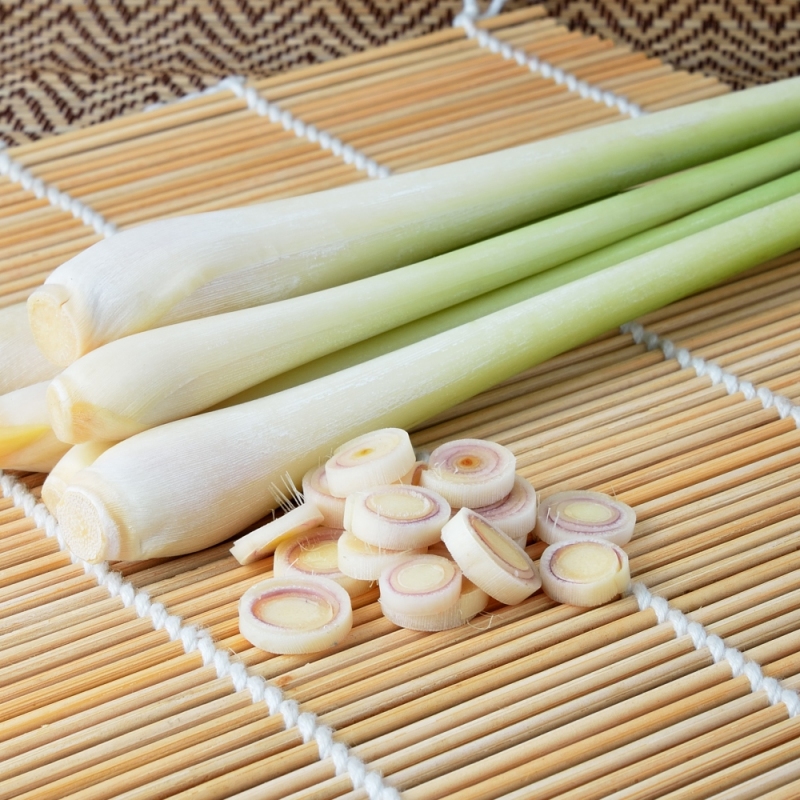
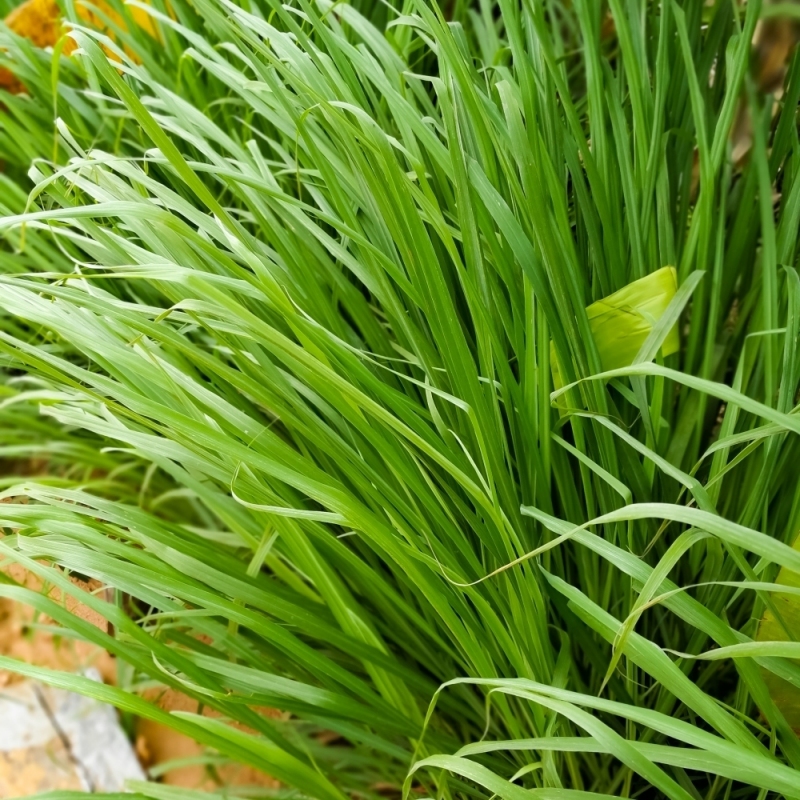
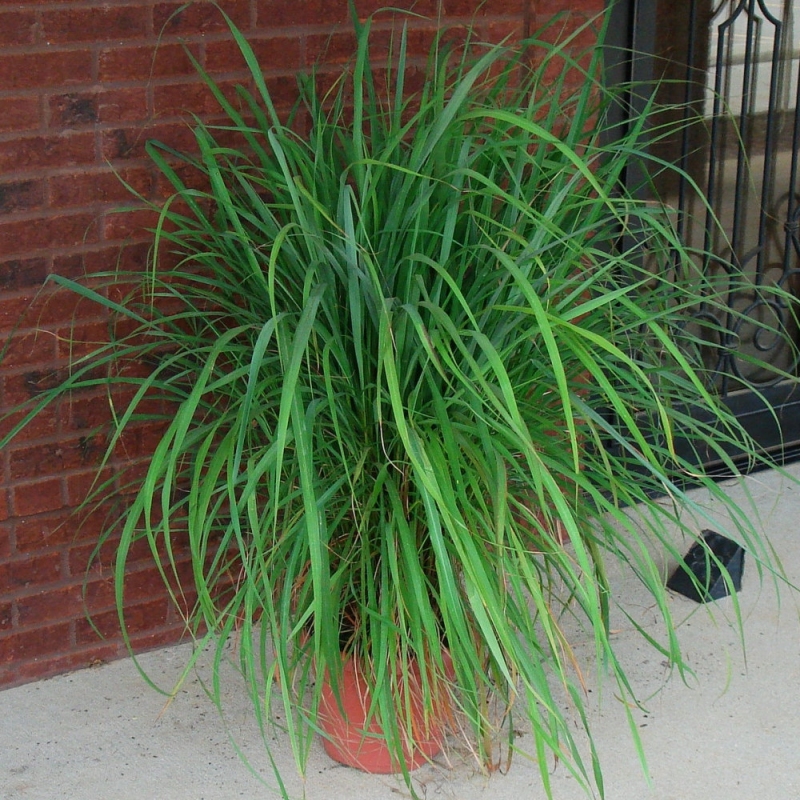
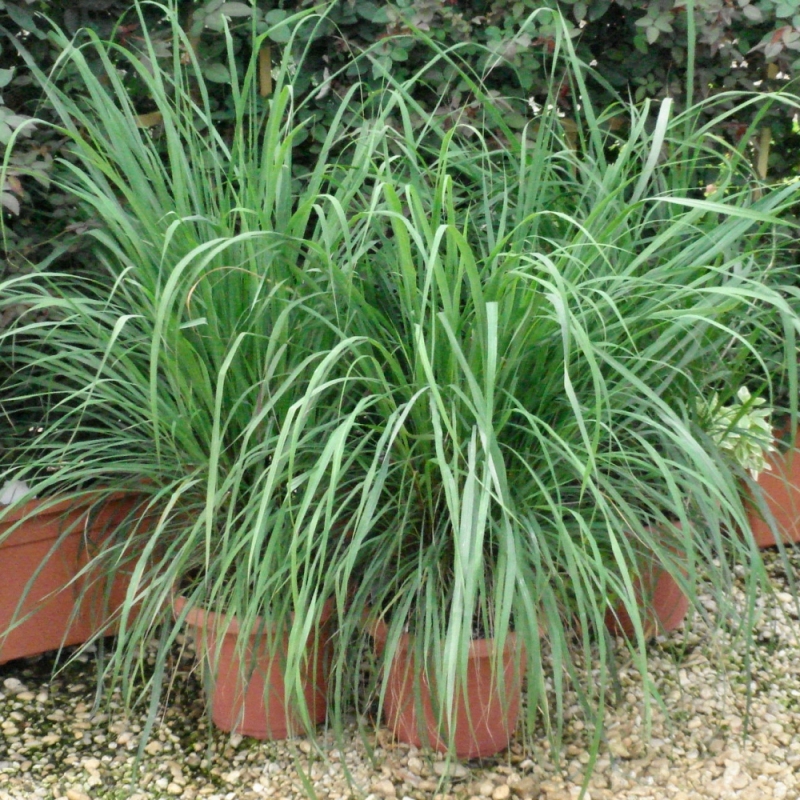

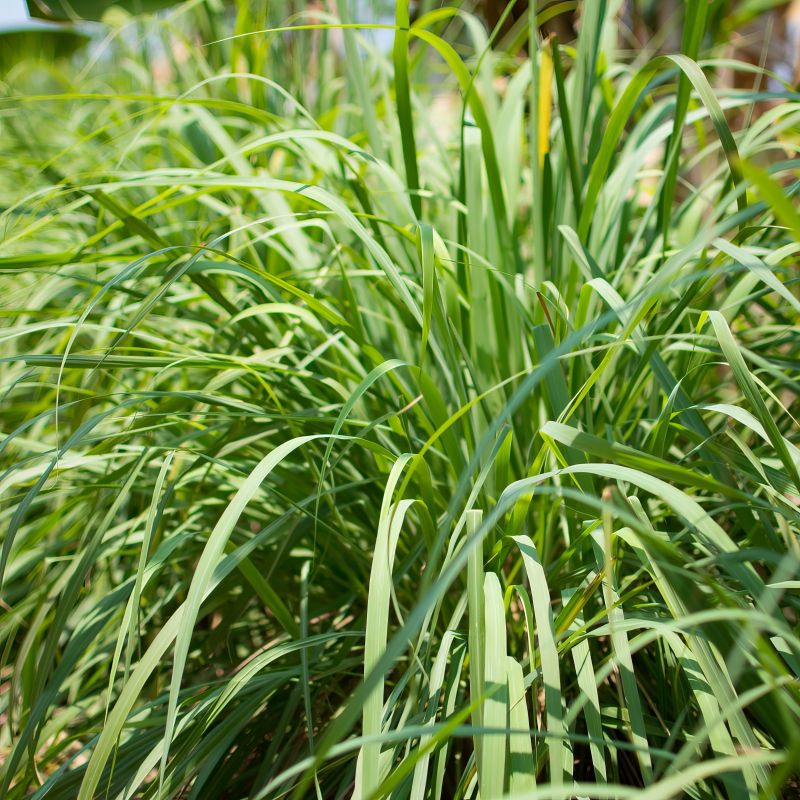
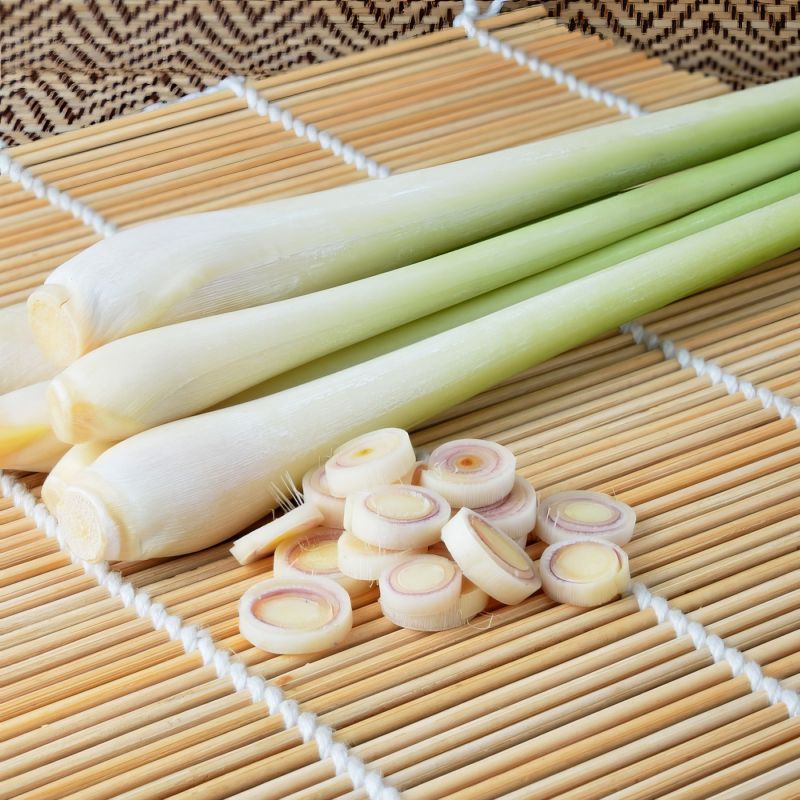
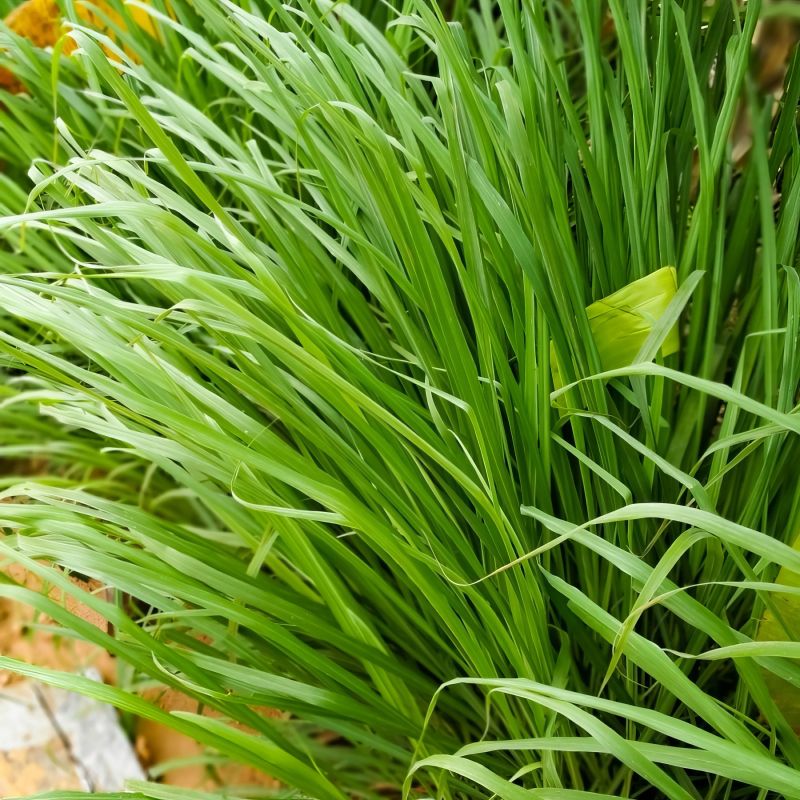

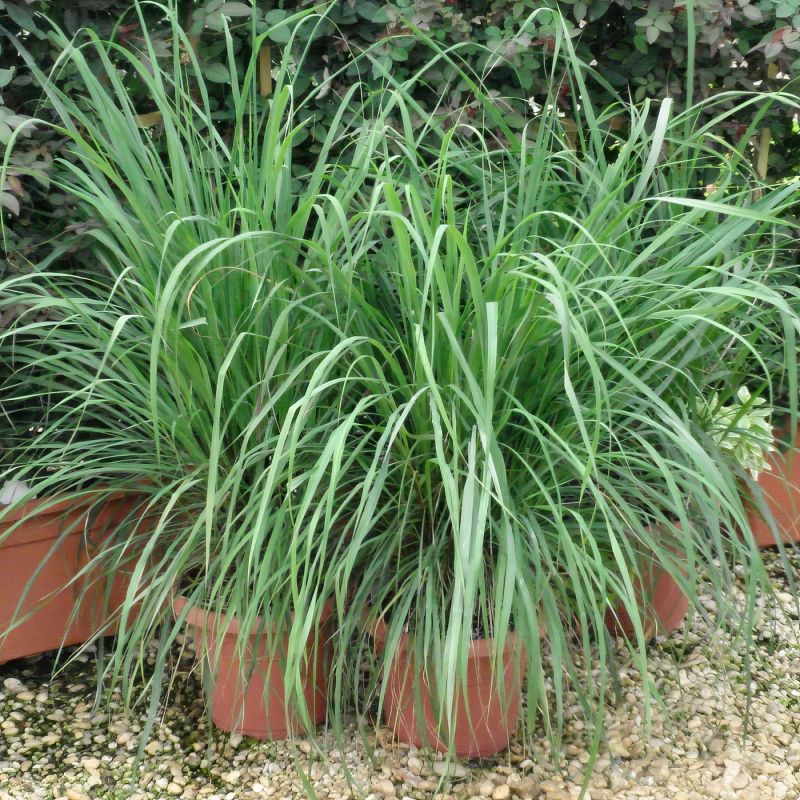
Lemon Grass Collection
Cymbopogon citratus Lemon Grass
13 reviews
Lemon Grass Collection
Cymbopogon citratus Lemon Grass
13 reviews
- Contains natural insect-repelling properties
- Refreshing and invigorating scent
- Can be used for cooking, aromatherapy, and DIY skincare
- Recommended by landscape designers for optimal fit in real yards
$44.00
$63.00
30% Off
- Ships to 43215 in 3 to 7 days
- Free Shipping Over $150
- Plant Arrival Guarantee
- In Stock
- Free Plant Consult
$200 - Landscape-Approved: Every Plant We Sell Comes With Design Expertise Behind It
- 4"
- 4", 3 Pack
Not just beautiful - intentionally selected by ShrubHub's 3D landscape design team to fit real-world spaces and maximize yard potential.
Why Lemon Grass Collection?
The Lemon Grass Collection (Cymbopogon citratus Lemon Grass) is a versatile and aromatic plant that is known for its refreshing lemon scent and flavor. This collection is perfect for adding depth and citrusy notes to a variety of dishes, beverages, and desserts. Additionally, Lemon Grass is also believed to have various health benefits, including reducing inflammation and aiding digestion.
People who loved this plant also bought
Sunlight
Lemongrass plants require at least six hours of direct sunlight each day to thrive. Ideally, they should be placed in a location with full sun exposure to ensure healthy growth and development. Proper sunlight exposure will help the plant produce flavorful
Watering
Lemon grass plants require regular watering, but they are drought tolerant once established. Water deeply once or twice a week during dry periods, allowing the soil to dry out between waterings. Be sure to provide good drainage to prevent waterlogged soil.
Fertilizing
Lemon grass requires a balanced fertilizer with a 6-4-6 or 8-8-8 NPK ratio. Fertilize lemon grass plants every 3-4 weeks during the growing season (spring and summer) with a slow-release granular fertilizer. Avoid over-fertilizing, as this can lead to burn
Plant Information:
| Botanical Name: | Cymbopogon citratus Lemon Grass |
| USDA Zones: | 8 - 11 |
| Mature Height: | 4 ft |

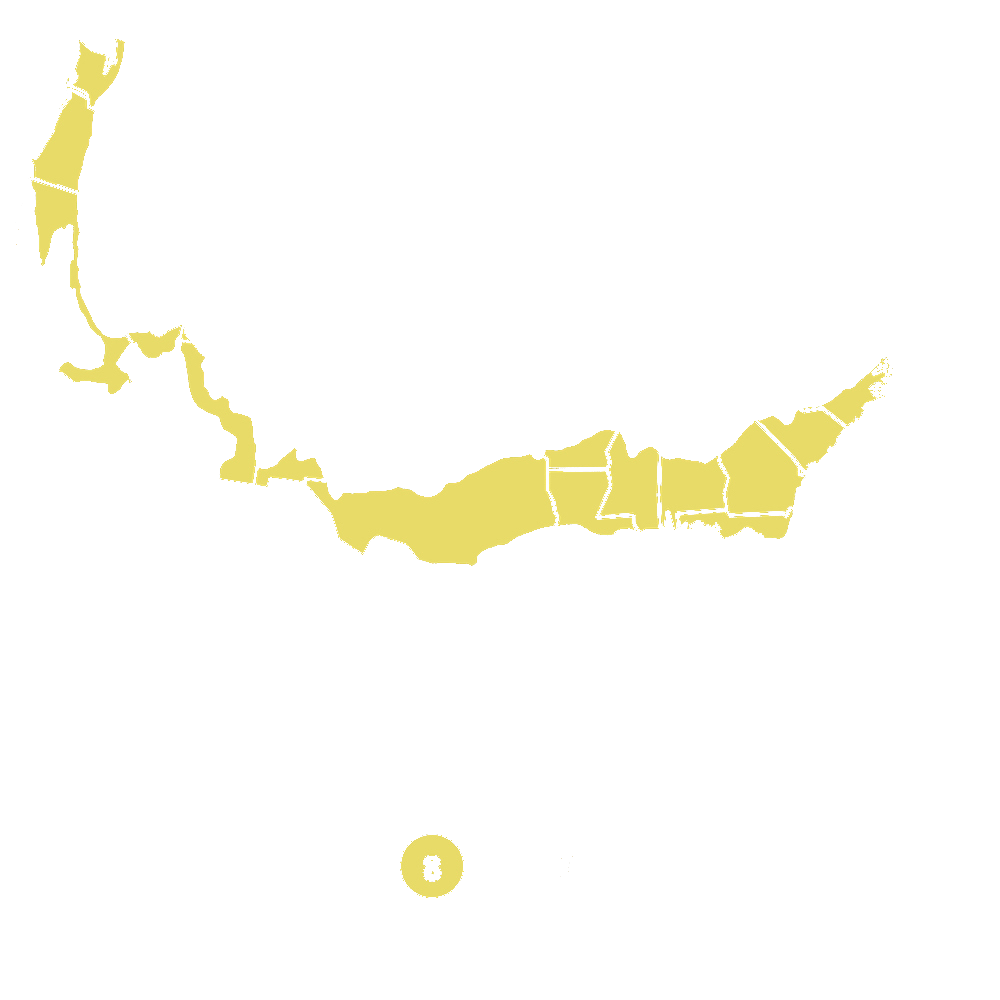


Pollination Info
Pollination Info for Lemon Grass Collection (Cymbopogon citratus Lemon Grass)
Lemon Grass, or Cymbopogon citratus, is a tropical plant known for its culinary and medicinal uses. It is a perennial grass that is native to Asia and Africa.
Pollination
Lemon Grass is a self-pollinating plant, meaning it does not rely on external pollinators like bees or other insects for pollination. The flowers of Lemon Grass are wind-pollinated, with the pollen being transferred from the male to the female parts of the same flower.
Pollination Process
When the Lemon Grass plant blooms, the male parts (anthers) release pollen into the air. The pollen is then carried by the wind to the female parts (stigmas) of the same flower, leading to fertilization and seed production.
Importance of Pollination
Although Lemon Grass is self-pollinating, it is still important to ensure that the plant receives enough airflow to allow for successful pollination. Adequate spacing between plants and proper air circulation can help facilitate the pollination process and promote healthy growth and seed production.
FAQ
Lemon Grass Collection FAQ
What is Lemon Grass?
Lemon Grass (Cymbopogon citratus) is a tropical grass plant that is commonly used in cooking, teas, and herbal remedies. It has a citrusy flavor and aroma.
How do I grow Lemon Grass?
Lemon Grass can be grown in a sunny location with well-draining soil. It is a perennial plant in tropical regions but can also be grown as an annual in colder climates. It can be propagated from stalks or divisions of existing plants.
How do I harvest Lemon Grass?
To harvest Lemon Grass, cut the stalks at the base using sharp scissors or pruning shears. The outer leaves can be peeled off to reveal the tender inner leaves, which are the most flavorful part of the plant.
How do I use Lemon Grass in cooking?
Lemon Grass can be used in a variety of dishes, such as soups, curries, stir-fries, and marinades. It is often used to add a citrusy flavor to dishes and is commonly found in Thai and Vietnamese cuisine.
Is Lemon Grass easy to grow?
Lemon Grass is relatively easy to grow, especially in warm and sunny climates. It is a low-maintenance plant that requires regular watering and occasional fertilizing. It can also be grown indoors in containers.
Can I use Lemon Grass for medicinal purposes?
Lemon Grass has been used in traditional medicine for its anti-inflammatory, antibacterial, and antifungal properties. It is often used to treat digestive issues, fever, and inflammation.
Planting & Care
Planting & Care for Lemon Grass Collection (Cymbopogon citratus Lemon Grass)
Lemon grass, also known as Cymbopogon citratus, is a popular herb used in Asian cuisine and for its medicinal properties. Here are some tips for planting and caring for your lemon grass collection:
Planting:
- Choose a sunny location with well-drained soil for planting your lemon grass.
- Plant the lemon grass in a container or in the ground, making sure the roots have enough space to spread out.
- Water the plant regularly, especially during hot, dry weather.
- Fertilize the plant every 6-8 weeks with a balanced fertilizer to promote healthy growth.
Care:
- Trim any dead or yellowing leaves to encourage new growth.
- Harvest the leaves as needed for cooking or medicinal purposes.
- Divide the plant every 2-3 years to prevent overcrowding and promote new growth.
- Protect the plant from frost by bringing it indoors during cold weather or covering it with a frost cloth.
By following these planting and care tips, you can enjoy a healthy and thriving lemon grass collection in your garden or home.
Check Out These Verified Customer Reviews:
Customer Reviews
4.7 out of 5 based on 13 reviews
Thank you! Your review has been submitted.
Beautiful items! The quality is amazing.
Customer service was excellent and very helpful.
Item arrived in perfect condition
Item has been added to your cart.




